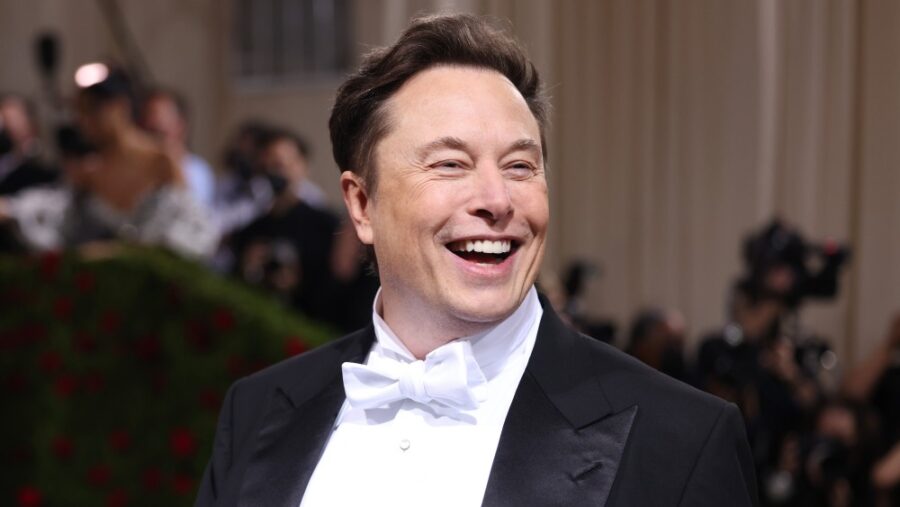Starlink, the satellite company led by billionaire Elon Musk, is teaming up with e-commerce company Jumia Technologies AG to enhance satellite broadband services across Africa.
Jumia, with investors like Pernod Ricard SA and Goldman Sachs Group Inc., is set to offer Starlink’s satellite terminals and kits in select African countries. The initial launch will take place in Nigeria in the upcoming weeks, according to Hisham El Gabry, Jumia’s Chief Commercial Officer.
Jumia has a strategic foothold in the market and establishes itself as a go-to destination for individuals interested in purchasing these kits.
This exclusivity in sales and distribution positions Jumia as a key player in this sector, providing them with a unique competitive edge and potentially bolstering their market share and influence within the region.
- “We have seen Starlink do these types of deals in Southeast Asia and South America, and now Africa will also have the opportunity to access the fast-speed internet services,
- “The plan is to start selling through our sites and agents in Nigeria this month, and then Kenya,” he said.
More Insights
While big tech firms have explored creative approaches, their efforts to bring high-speed internet to Africa have fallen short, leading them to return to conventional fiber and undersea cable infrastructure.
For instance, Facebook, under Meta Platforms Inc., embarked on a project to create a massive drone for high-altitude connectivity in a continent but had to halt it.
Meanwhile, Alphabet Inc.’s Google pursued a similar endeavor with helium-filled balloons through Project Loon, ultimately discontinuing it two years ago.
Meanwhile, Elon Musk’s network of thousands of small satellites, communicating through user terminals, holds the potential for connecting people on expansive continents.
Nevertheless, the cost of a standard Starlink terminal in Nigeria, priced at 435,000 naira ($557), could pose a barrier.
- “We had to establish our own business models and transportation network, even mapping to a certain extent when we started building an African e-commerce business,”
- “So we have the needed experience in navigating the retail and merchandise landscape in Africa,” said El Gabry.
El Gabry revealed Jumia’s long-term plan to distribute Starlink’s products within its 11 African market presence.
What You Should Know
Starlink, which was recently launched in Nigeria is an internet service by SpaceX to improve internet coverage in rural and unreached areas globally.
Starlink satellites are over 60 times closer to Earth than traditional satellites, resulting in lower latency and the ability to support services typically not possible with traditional satellite internet.
According to recent data by the Nigerian Communications Commission, internet penetration in Nigeria is still very minimal, totaling about 47 percent, and covering only 140 million of the 200 million population in the country.
Starlink offers high-speed internet access via a constellation of low-earth orbit satellites, which are designed to provide internet access to remote and underserved areas.
With this new partnership with Jumia, local ISPs may be willing also to expand their services to areas previously considered too remote or too costly to serve.
